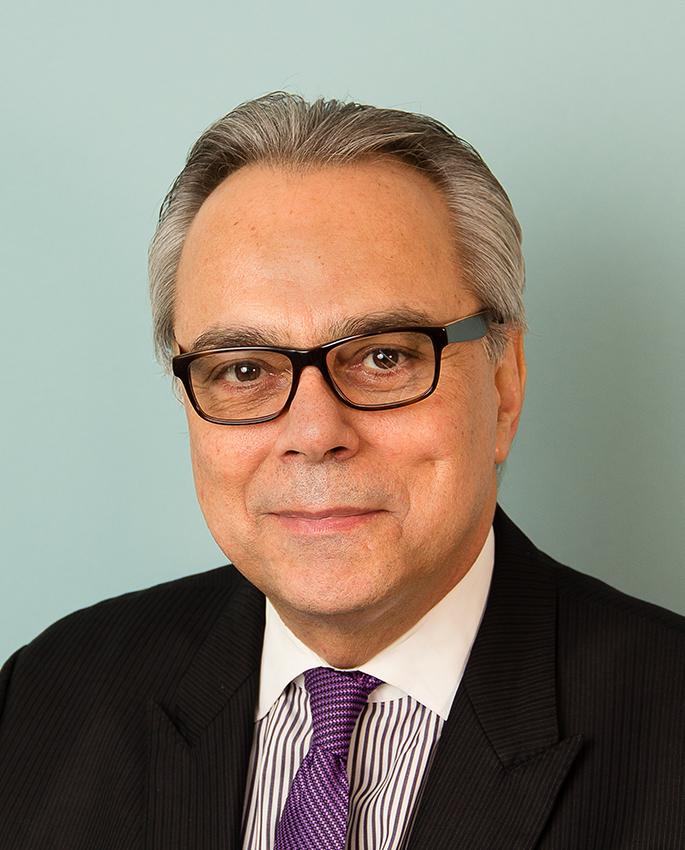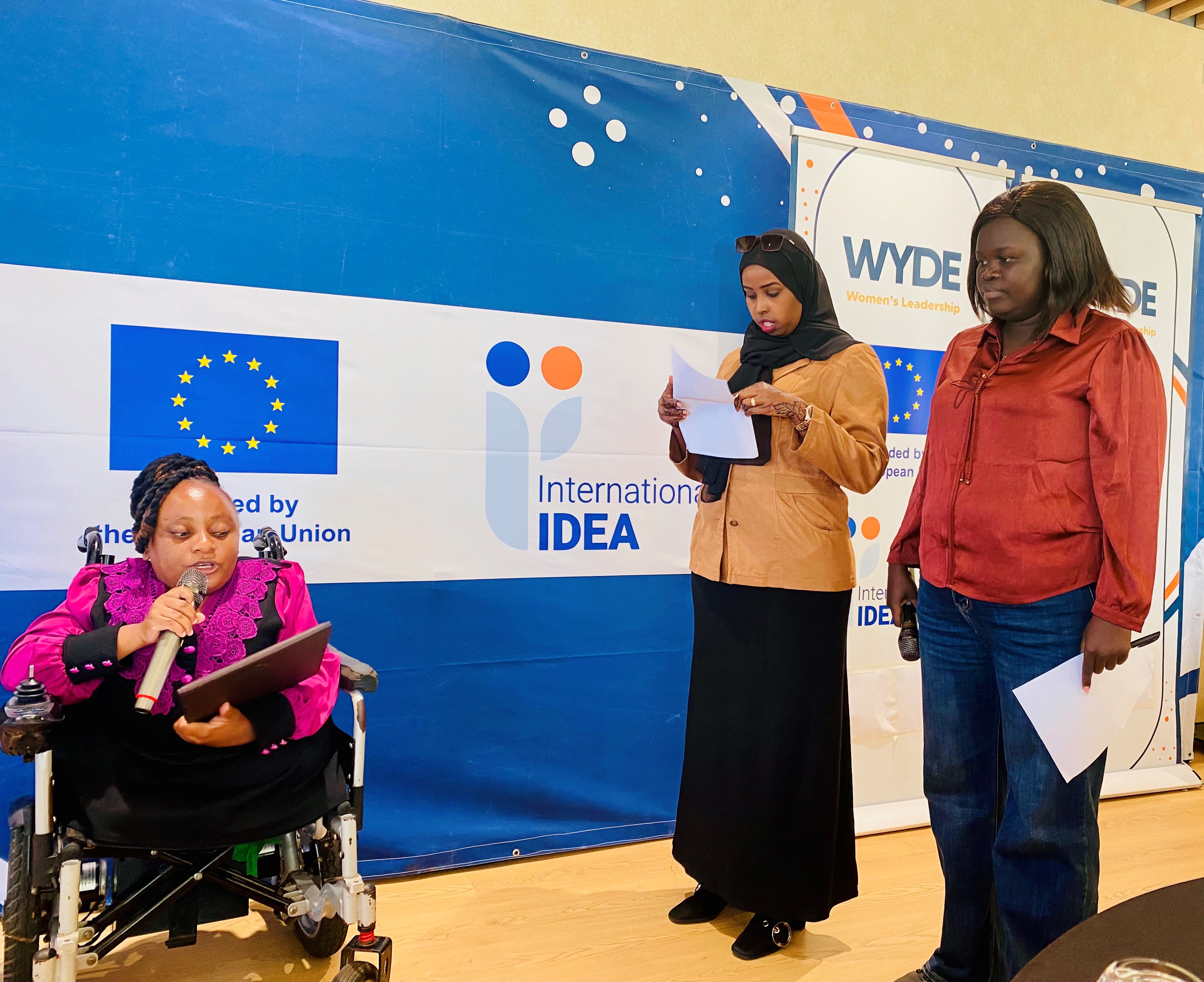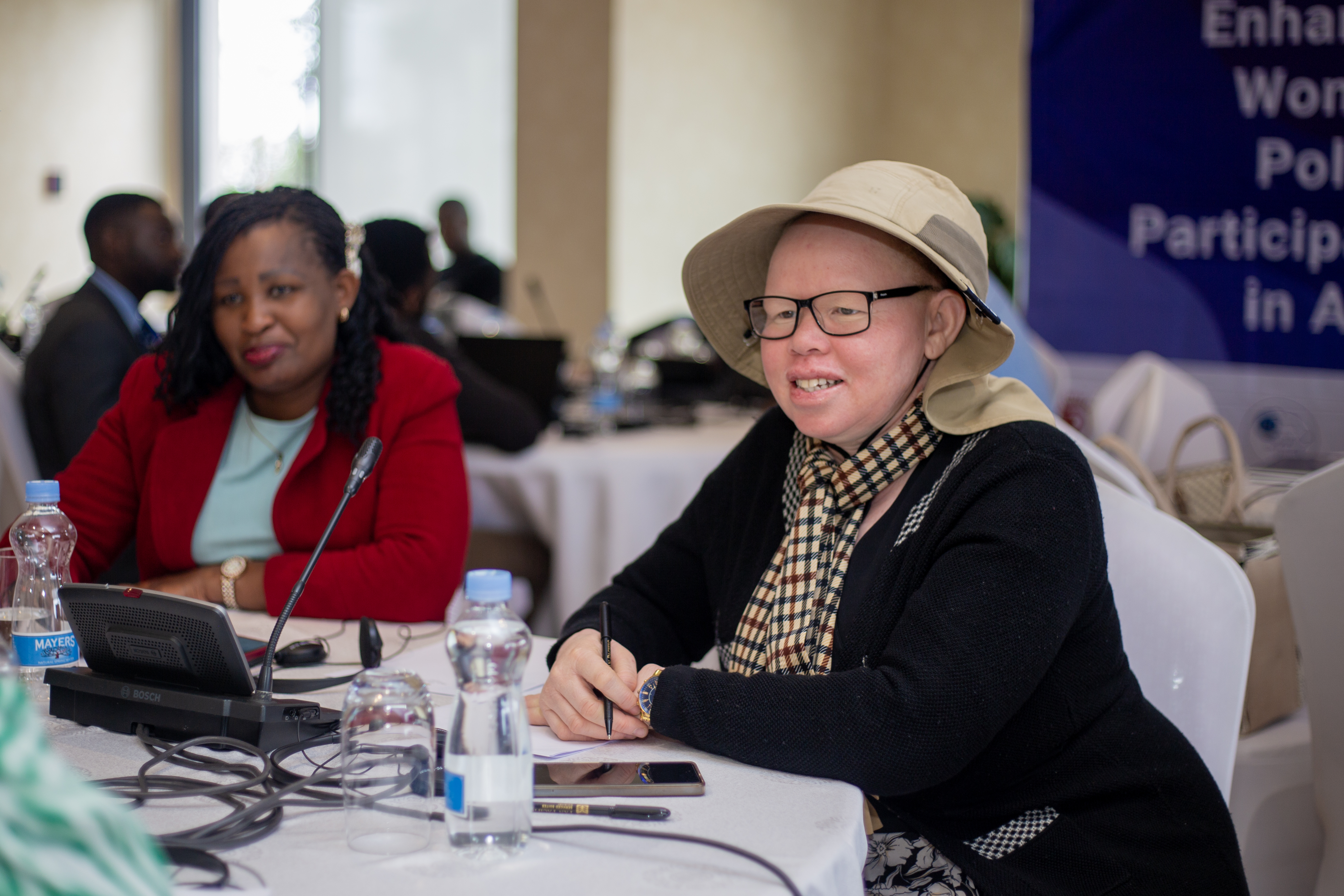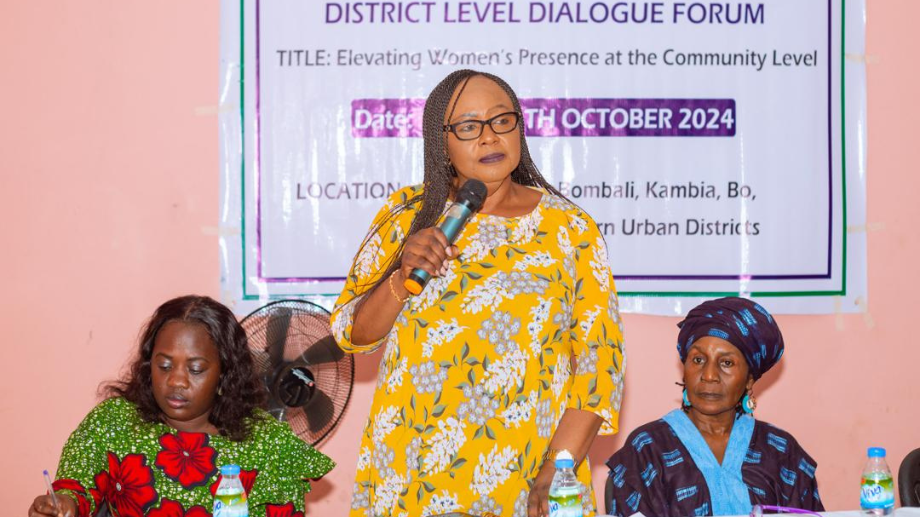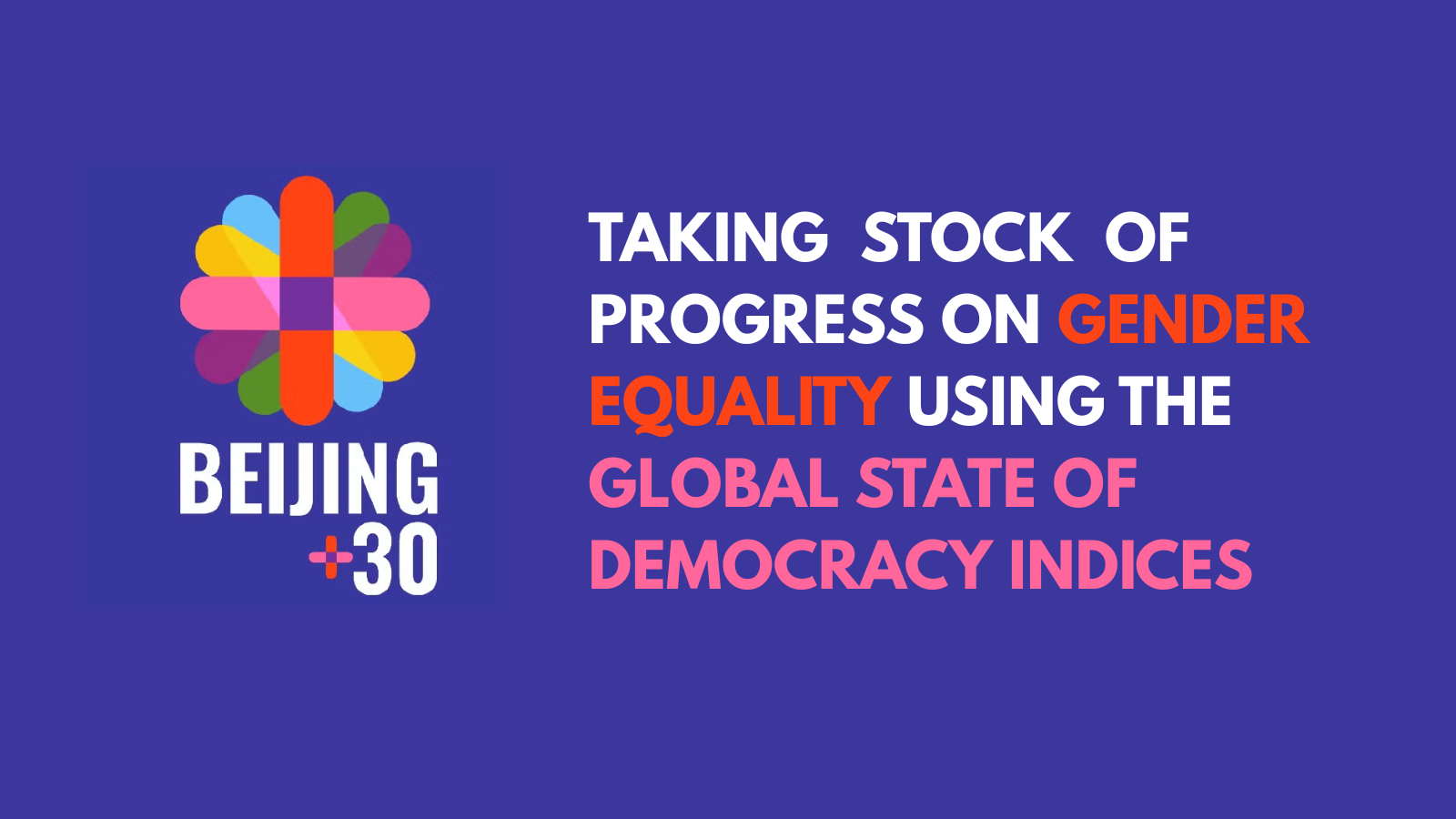The challenge of political financing: good laws and practices
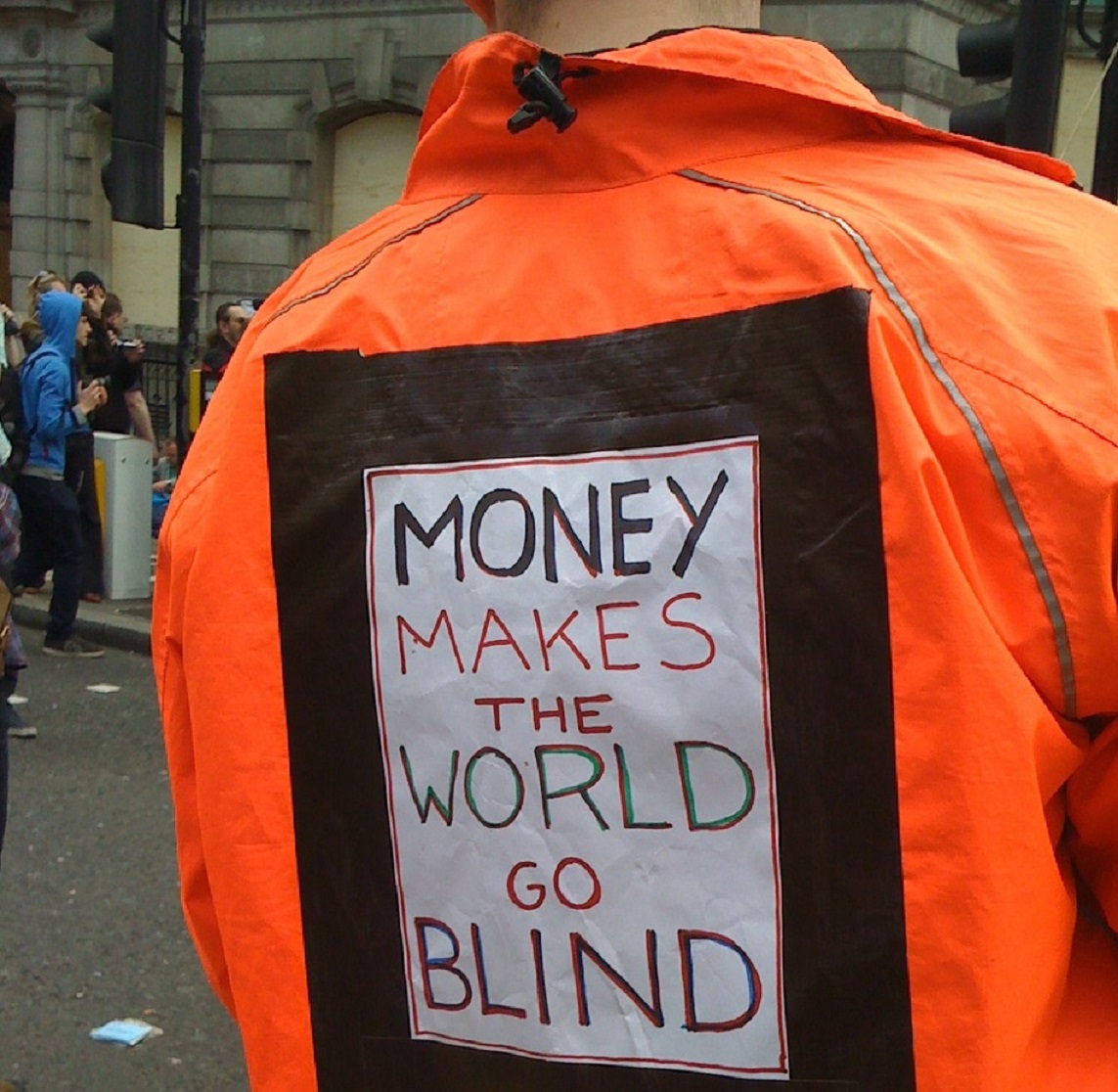
Disclaimer: Views expressed in this commentary are those of the staff member. This commentary is independent of specific national or political interests. Views expressed do not necessarily represent the institutional position of International IDEA, its Board of Advisers or its Council of Member States.
Este artículo se encuentra disponible en Castellano.
In recent days, a new scandal has erupted having to do with irregular political financing based on alleged fraudulent contributions in the province of Buenos Aires. The time the grenade exploded in the hands of Cambiemos and produced a three-fold impact: (1) political – negative impacting Governor Vidal, who ordered an audit and asked that the comptroller for the province and former treasurer of the PRO of the province of Buenos Aires, (2) judicial – there are several investigations under way, and (3) image in the eyes of public opinion – since Cambiemos came into the government with a discourse touting transparency and institutional quality.
Yet it would be naïve to think that Cambiemos is the only bad actor out there. On this issue, almost all of the parties have engaged in serious omissions and irregularities. Unfortunately, we are in the presence of a pathology that affects the political system as a whole and that demands a careful and urgent intervention, since political financing is a key issue for having a quality democracy and honest elections.
As I have been indicating in my writings on this important and complex issue, democracy has no price, but it does have an operating cost. Accordingly, the use of economic resources is essential for political-electoral competition. Hence, the importance of not demonizing money, but rather regulating it appropriate to avoid it producing serious distortions in the democratic regime, especially state capture, serious conflicts of interest, and the penetration of drug trafficking and organized crime.
This scandal caused the national government to accelerate the forwarding of a bill to Congress, last Friday, aimed at modernizing and ensuring transparency in the prevailing regime of political financing. The Peronist forces also offered to send their own.
These initiatives are welcome. Crises, when responded to well, tend to be the best midwives of reforms. The moment for debating and reforming the political financing system is propitious for two reasons: (1) issues that are very sensitive politically must be discussed in non-election years; and (2) it would not be advisable to head into the 2019 presidential elections with deficient legislation such as that now in force.
In my opinion, the key issues that should be addressed by the new law are:
(1) Making electoral competition more fair (level the playing field) by regulating official advertising and increasing the time during which government acts aimed at capturing votes are prohibited; (2) banking the contributions to reduce to the maximum the contribution in case and favor traceability; (3) increasing transparency and accountability to fight the high levels of opacity; (4) implementing the registry of contributions and expenditures in real time; (5) implementing a registry of online providers; (6) imposing sanctions on clientelism and the use of public resources for political party purposes; (7) including the regulation of social networks along with traditional media outlets, and (8) strengthen the electoral justice system (especially, increase the number of auditors of the National Electoral Court (Cámara Nacional Electoral) and the flow of information from several sources) and harden the sanctions regime, including the candidates among those who are responsible for providing explanations.
Juridical persons
A number of other issues are also of extreme relevance, but strong consensus has yet to be reached: these include the issue of whether legal entities (companies and unions) should be able to make campaign donations. I agree with the government proposal, that companies should be allowed to make contributions, as this can allow the existing illegal practices to be made formal and legal, albeit with clear limits on which companies should be excluded (to prevent any conflicts of interest), and with reasonable caps on the amount of contributions.
My opinion: a reform with these characteristics is not only an important step forward, but would also contribute to modernizing, making transparent, and making our political financing regime more honest, reducing the enormous gap that current exists between law and practice.
Yet if Argentina truly wants to make a qualitative leap in this area, the reform should aim at four additional strategic objectives:
One: Contribute to strengthening, institutionalizing, and modernizing our weak and fragmented political party system, the main cause of many of our problems.
Two: Make progress at the federal and provincial levels, opening up the possibility of the provinces adhering to the federal regime (since only five of the 24 districts have a political financing regime).
Three: Guarantee not only the integrity of the elections but also of the political system as a whole. To that end one must address this complex issue from an integral perspective. As so keenly recommended by the working group of the de la Red de Acción Política (made up of politicians and businesspersons), the regulation of political financing should be part of an “ecosystem” of integrity in politics at large, that also includes regulations against corruption, influence peddling, and conflicts of interest, along with rules on private sector compliance. The Car Wash (Lava Jato) scandal is a clear example of this phenomenon.
Four: Foster a culture (by politicians, businesspersons, and citizens in general) strongly committed to respecting the rules of political financing, to supplement good laws with good practices.
This article was originally published in Spanish in La Voz. The English translation was undertaken by International IDEA.
